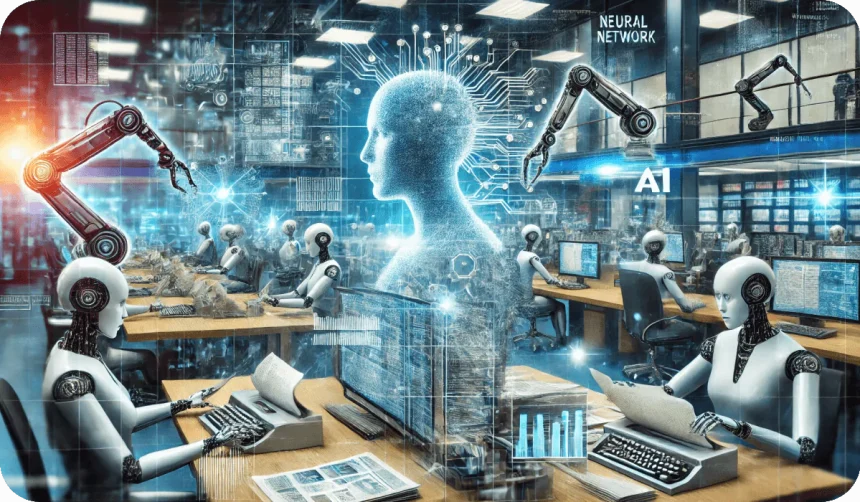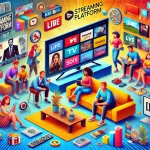Introduction
Artificial intelligence and social media have completely transformed the way political leaders communicate with citizens. In the digital age, politicians rely on algorithms, analytics, and targeted messaging to reach audiences with precision and speed. At the same time, social platforms have given the public more power to respond, organize, and influence narratives.
This dynamic interaction between AI systems, media technology, and human communication has reshaped global politics. It has created opportunities for transparency and engagement, but also new risks involving misinformation, privacy, and public trust.
As the world becomes more interconnected, understanding how technology shapes political messaging and perception is crucial for maintaining the integrity of democratic dialogue.
AI’s Role in Modern Political Strategy
Artificial intelligence now plays a central role in every stage of political communication. Campaigns use AI to analyze voter sentiment, forecast trends, and develop customized messages for different demographics. Data gathered from online behavior helps predict reactions, making outreach more strategic.
Governments also use AI to track emerging issues and design responsive policy messaging. From managing election campaigns to monitoring digital discourse, AI ensures efficiency and accuracy in communication efforts.
While these tools enhance engagement, they also raise ethical questions about privacy and manipulation. Responsible AI usage requires clear regulation and transparency to prevent abuse.
The Power of Social Media Platforms
Social media has become the primary stage for political expression. Politicians, journalists, and citizens use platforms like X, Instagram, and YouTube to share opinions and mobilize support. Algorithms determine what people see, shaping perceptions and influencing votes.
AI-driven analytics enable politicians to measure which messages gain traction and which fall flat. They can adapt content in real time, creating an ongoing digital dialogue with their audience.
This direct communication model removes traditional barriers between leaders and the public, but it also heightens the risk of polarization and misinformation.
Celebrity Involvement in Political Conversations
Celebrities have emerged as powerful voices in political discourse, using social platforms and AI-enhanced strategies to amplify messages. They support humanitarian causes, campaign for social justice, and collaborate with global organizations to influence change.
AI tools allow them to track engagement, identify the best communication strategies, and ensure that their advocacy reaches relevant audiences worldwide. This blend of fame and data-driven strategy gives modern activism unprecedented reach.
However, with this influence comes responsibility. Celebrities must balance advocacy with accuracy and ensure their digital presence promotes constructive public conversation.
The Global Impact of Digital Political Communication
AI and social media have made political communication borderless. Campaigns that begin in one country can inspire conversations around the world. Governments now monitor global sentiment to understand how international narratives shape diplomacy and foreign policy.
This interconnected system promotes collaboration and awareness but also increases the spread of disinformation. Ensuring digital literacy and transparency has become vital to protecting democratic integrity.
FAQs
How does AI enhance political communication? AI analyzes sentiment, predicts trends, and allows for more targeted, efficient, and data-driven campaigns.
What role does social media play in global politics? Social media connects politicians and citizens, shaping public opinion and global narratives through digital engagement.
Can celebrities influence political awareness? Yes, celebrities use AI-powered campaigns to promote causes, raise awareness, and mobilize audiences worldwide.
What are the main risks of digital political communication? Privacy violations, misinformation, and algorithmic bias pose major challenges to trust and transparency.
How can governments ensure ethical AI use? By enforcing transparency, data protection laws, and independent audits of algorithmic systems.
Conclusion
AI and social media have revolutionized how political messages are shared and received. They enable more inclusive communication, foster public dialogue, and enhance engagement across borders.
Looking ahead, maintaining ethical oversight and promoting media literacy will be crucial. As AI continues to guide political communication, the world must balance innovation with integrity to preserve democratic values and public trust.









